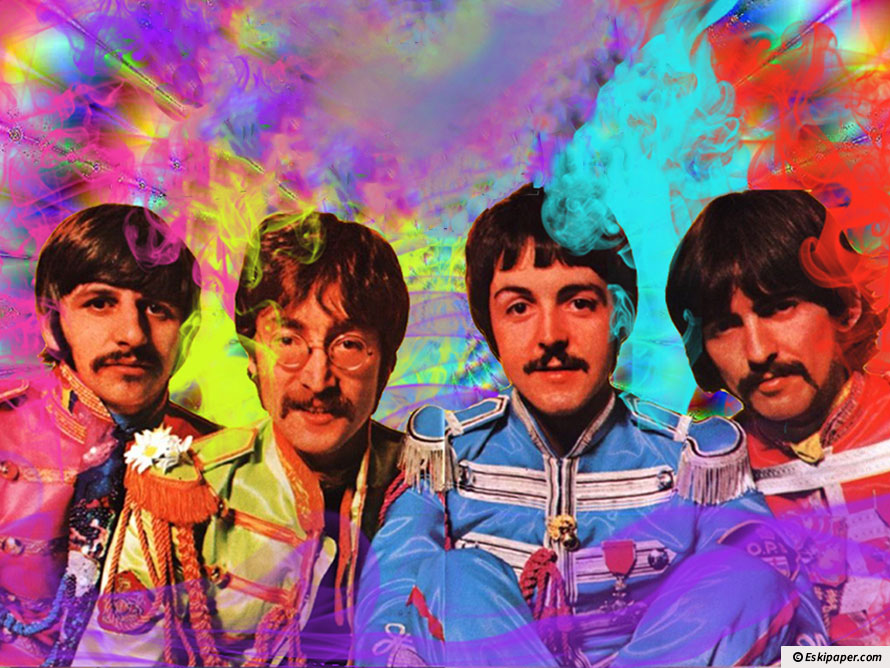Is music under threat? AI-generated tracks have taken over the internet. Paul McCartney has used AI to finish an old Beatles song. Some think we are entering the post-musician era.
AI used to create one last Beatles song
 Beatlemania: The Beatles have sold more than 600 million albums worldwide.
Beatlemania: The Beatles have sold more than 600 million albums worldwide. Glossary
The Beatles - An English rock band formed in Liverpool in the 1960s. One of the most famous bands of all time.
Liverpool - A port city in northwest England, close to the border with Wales.
AI - A computer programme that has been designed to think.
John Lennon - An English singer-songwriter and member of the world-renowned 1960s band The Beatles. He was assassinated in 1980 in New York.
Universal Music Group - A huge multinational music company.
Muzak - Light background music which is played through speakers in public places.
Royalties - A type of ordinary income generated from copyrights, patents, and oil and gas properties. For instance, a sum paid to the owner or artist of a piece of creative work every time it is played or performed.
Trip hop - An experimental style of dance music.
